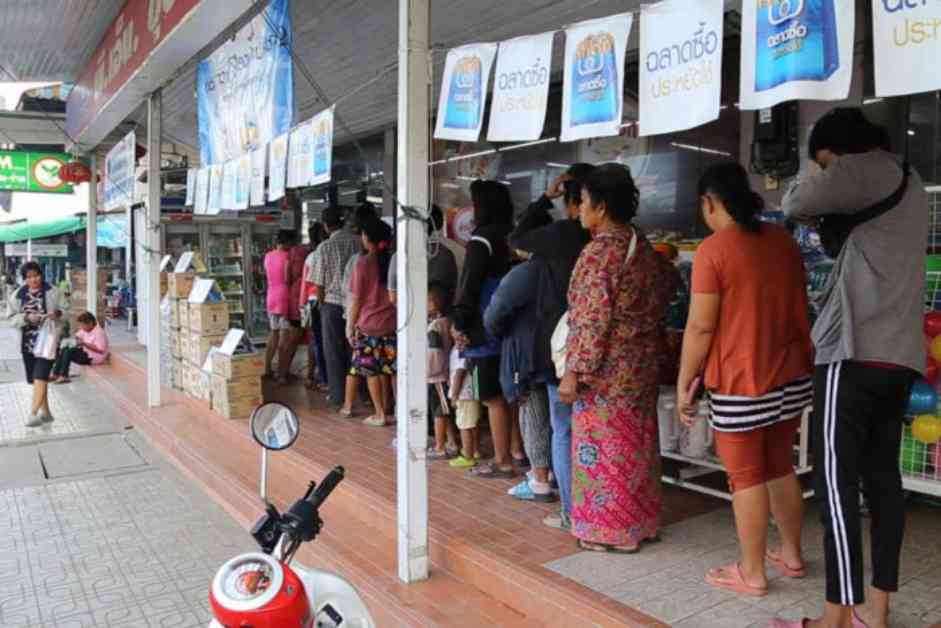The Finance Ministry and the Social Development and Human Security Ministry are working together to upgrade the government’s welfare database to ensure transparency and reduce fraudulent applications. Deputy Finance Minister Julapun Amornvivat highlighted the importance of consolidating welfare data to accurately identify those in need of assistance. The cabinet has tasked the Social Development and Human Security Ministry, along with the Comptroller General’s Department, to streamline the welfare database for better implementation of the Negative Income Tax (NIT) system.
The NIT system aims to provide welfare to low-income individuals, but its success depends on the accuracy and completeness of the welfare database. Currently, various forms of state welfare are provided to individuals, including allowances for the elderly and disabled, support for Aids patients, child support payments, and school lunch funding. In fiscal 2023, the government allocated a significant portion of the budget to citizen welfare and public sector welfare, reflecting the importance of social welfare programs.
As difficult-to-cut expenditures, such as welfare and public sector salaries, continue to increase, government revenue relative to GDP has been declining over the past decade. This trend poses a challenge for sustaining social welfare programs in the long run. The government must ensure that the welfare database is comprehensive and accurate to effectively allocate resources and support those in need.
By upgrading the welfare database, the government aims to enhance the efficiency and transparency of welfare programs, ultimately benefiting low-income individuals and vulnerable populations. The consolidation of welfare data will enable better targeting of resources and prevent misuse of welfare benefits. This initiative aligns with the government’s efforts to improve social welfare services and ensure that assistance reaches those who need it most.
In conclusion, the upgrade of the welfare database is a crucial step towards strengthening social welfare programs and enhancing the overall well-being of citizens. By centralizing welfare data and improving its accuracy, the government can optimize resource allocation and provide targeted support to those in need. This initiative underscores the government’s commitment to promoting social equity and reducing poverty through effective welfare policies and programs.




















